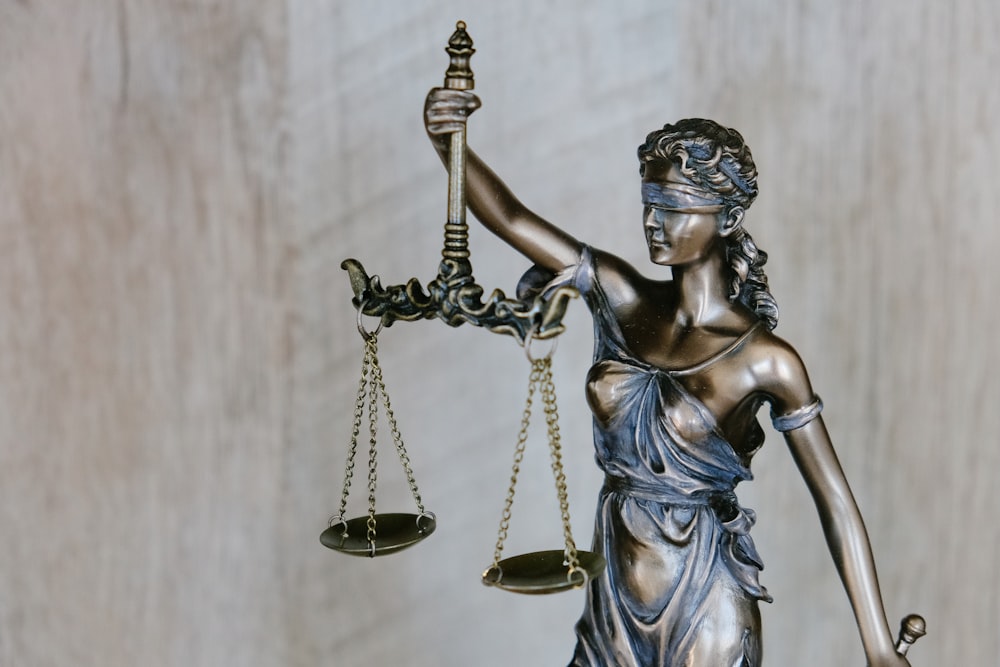The Role of Law in Society
Law serves as the backbone of any society, shaping norms, regulating behavior, and ensuring order. Its impact extends far beyond legal frameworks, influencing social, political, and economic dynamics. Understanding the power of law requires exploring its multifaceted effects on both society and individuals.
Maintaining Social Order
One of the primary functions of law is to maintain social order by establishing rules and regulations that govern conduct. Laws define acceptable behavior and outline consequences for violations, creating a framework for peaceful coexistence within communities. By enforcing rules and resolving disputes, the legal system helps prevent conflicts and maintain stability in society.
Protecting Rights and Liberties
Law plays a crucial role in protecting the rights and liberties of individuals, ensuring that everyone is treated fairly and equitably. Legal principles such as due process, equality before the law, and freedom of speech serve as safeguards against arbitrary actions by authorities and discrimination. Through legislation and judicial decisions, the legal system upholds fundamental rights and promotes justice for all members of society.
Promoting Justice and Equity
Justice is at the core of the legal system, serving as a guiding principle in the administration of law. Laws strive to promote fairness, equity, and accountability, holding individuals and institutions accountable for their actions. Whether through criminal prosecutions, civil lawsuits, or regulatory enforcement, the legal system seeks to redress grievances, rectify injustices, and provide remedies to those who have been wronged.
Fostering Social Change
Law has the power to drive social change by shaping attitudes, values, and behaviors. Legal reforms, legislation, and court rulings can influence public opinion, challenge societal norms, and pave the way for progress. From civil rights movements to environmental protection initiatives, the law has been instrumental in advancing social causes and promoting greater equality and inclusivity in society.
Regulating Economic Activity
Economic activity is heavily regulated by law, with statutes and regulations governing various aspects of commerce, trade, and finance. Business laws establish rules for contracts, property rights, and corporate governance, providing a framework for conducting transactions and resolving commercial disputes. Additionally, labor laws protect workers’ rights, ensure workplace safety, and regulate employment practices to promote fair labor standards.
Resolving Disputes and Conflicts
One of the fundamental functions of the legal system is to provide mechanisms for resolving disputes and conflicts peacefully. Courts serve as forums for adjudicating disagreements, interpreting laws, and delivering justice. Through litigation, mediation, arbitration, and other alternative dispute resolution methods, the legal system helps parties resolve conflicts, reach settlements, and maintain social harmony.
Upholding the Rule of Law
The rule of law is a foundational principle of democratic societies, ensuring that laws apply equally to all individuals and institutions, including government officials. It provides a check on the exercise of power, prevents abuses of authority, and fosters accountability and transparency in governance. By upholding the rule of law, societies can safeguard democratic values, protect human rights, and prevent authoritarianism.
Challenges and Controversies
Despite its benefits, the power of law is not without challenges and controversies. Legal systems face criticism for inequities, inefficiencies, and injustices, prompting calls for reforms and improvements. Issues such as access to justice, disparities in legal representation, and systemic biases pose ongoing challenges to the effectiveness and legitimacy of the legal system.
Conclusion
In conclusion, the power of law extends far beyond its role as a set of rules and regulations. It shapes societies, influences behaviors, and impacts the lives of individuals in profound ways. By maintaining social order, protecting rights, promoting justice, and fostering social change, law plays a pivotal role in shaping the fabric of society and ensuring the well-being of its members. Read more about law



